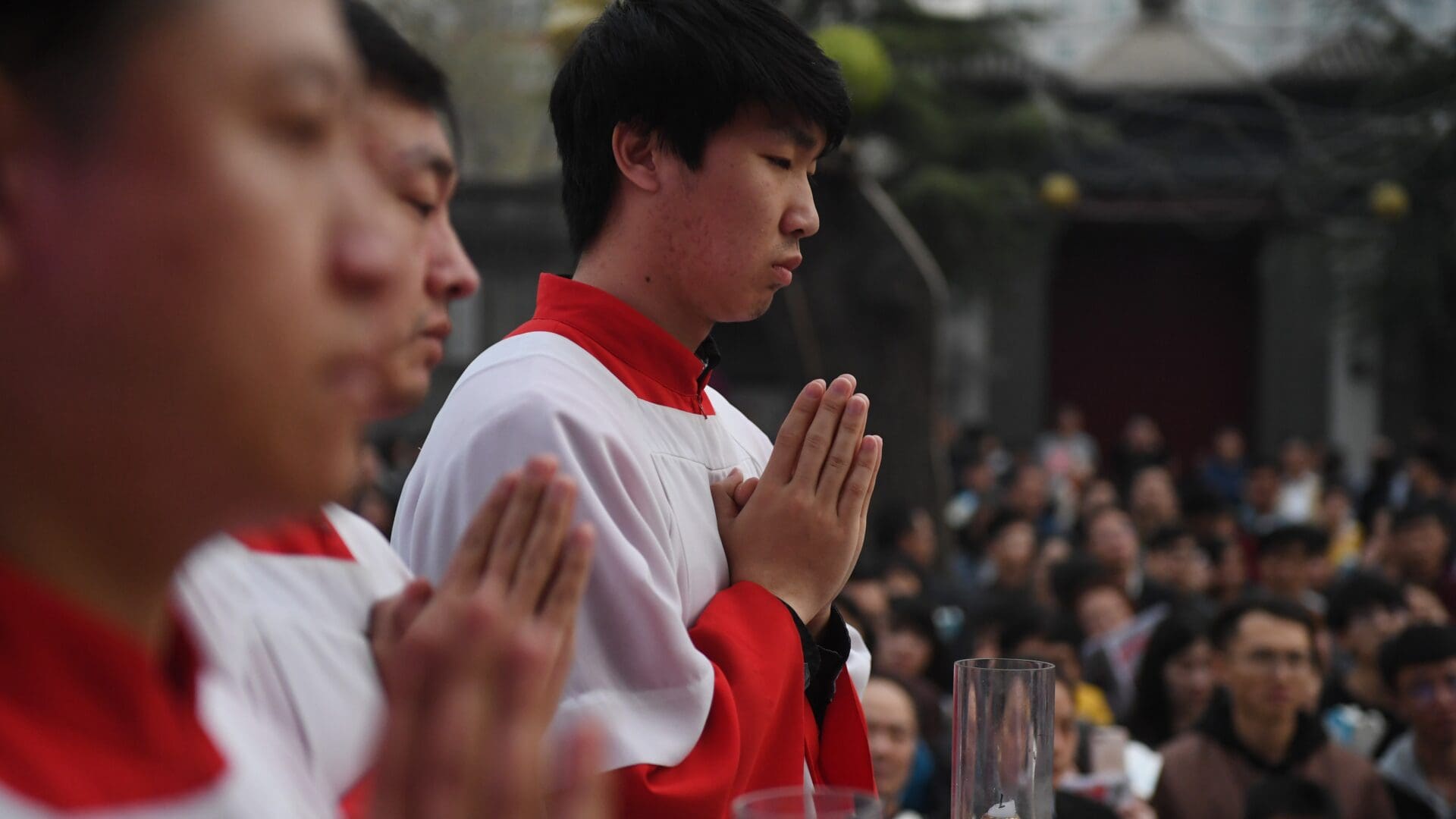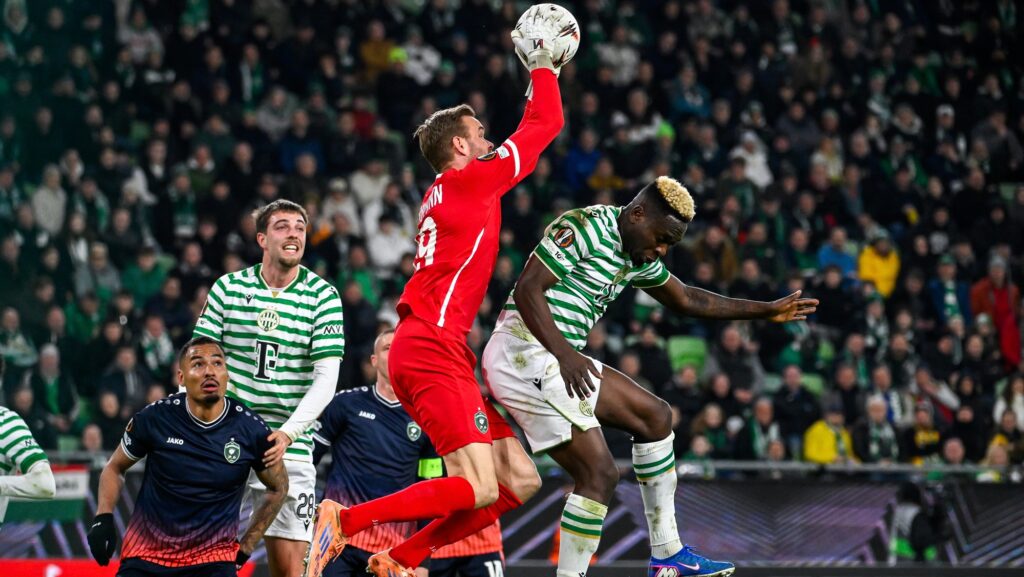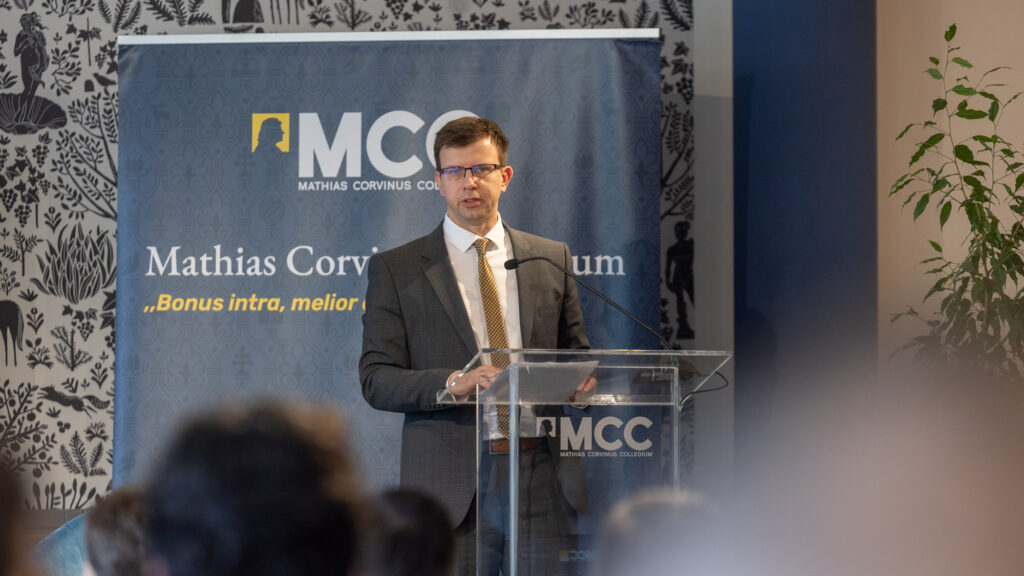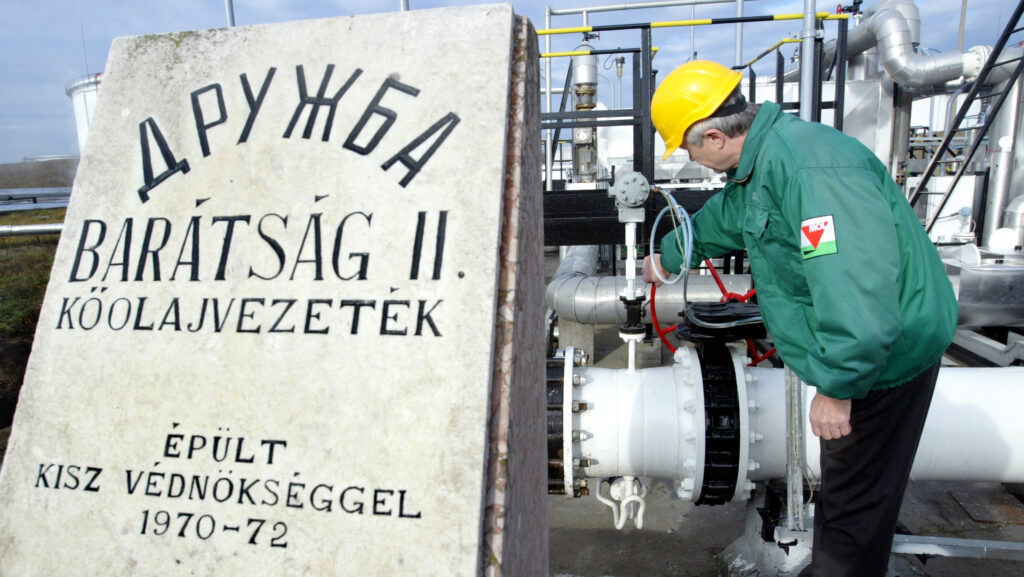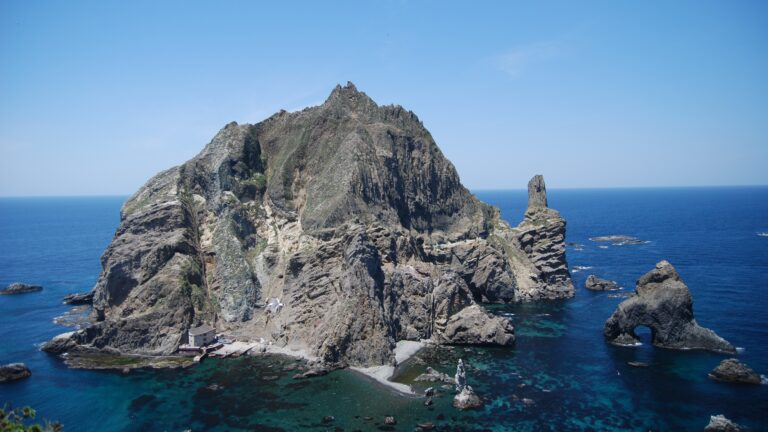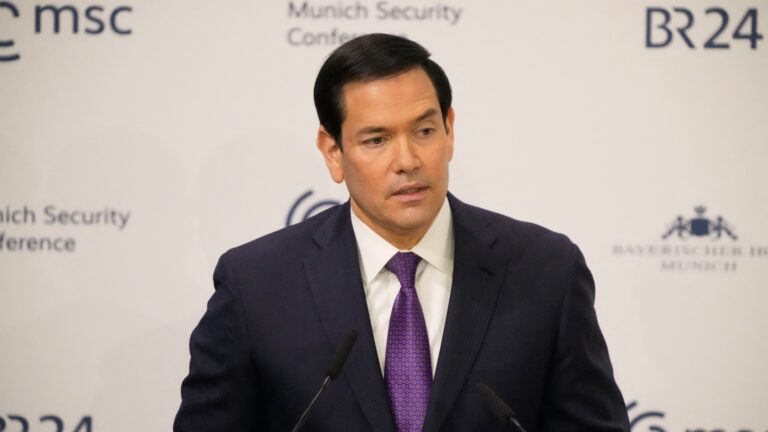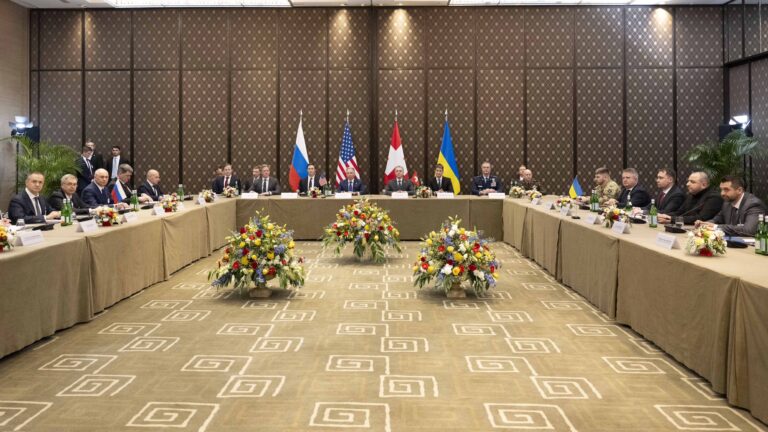This past June, the Móra Ferenc Museum in Szeged, Hungary, opened up a temporary exhibition The Jade Armour of Immortality–Treasures of Han period China, which showcases exquisite artefacts from the Chinese Han Dynasty (206 BC-220 AD). Coinciding with Hungary’s Museum Day and in cooperation with the Shanghai Museum, Xuzhou Museum and the Chengdu Cultural Relics and Archaeology Research Institute, the exhibition attracted many visitors who were eager to immerse themselves in the allure of Chinese traditional culture, such as jade objects, lacquerware, pottery, bronze wares, seals, stone carvings, coins, and much more.
Of particular interest was the exposition of seven Hungarian Franciscans took over a mission centre in China’s Hunan province in 1929—Catholic missionaries, in fact, arrived on the Chinese mainland in the thirteenth century and converted large numbers to the faith. They spent a year learning the Chinese language and then compiled a Hungarian-Chinese dictionary of two-thousand words. The friars also maintained a hospital, an orphanage, a school, and an institute for the training of catechists. Their missionary work was hampered by the turmoil of history, until finally, after Mao Zedong took power in 1952, all missionaries were expelled from China bringing about a total persecution against our Christian brethren, which continues up to the present day under Chairman Xi Jinping.
The Suppression of Chinese Catholics
The international community has numerous times denounced Beijing’s repression of the Uyghur Muslims in Xinjiang. Studies indicate that up to a million of them have been interned in so-called re-education camps, where they have undergone torture and in some cases death. Yet the crackdown by the Chinese Communist Party (CCP)
is specifically virulent against the Catholic Church more than any other religious institution
because ‘it [is] structurally dependent upon a foreign “ruler, the pope”.[1]
Indeed, according to a 2018 The New York Times report, Christianity ‘promotes Western values and ideals like human rights that conflict with the aims of China’s authoritarian government and Mr. Xi’s embrace of traditional Chinese culture and Confucian teachings that emphasize obedience and order.’ This is a reason why the CCP reportedly enforces ‘tight controls’ over its citizens’ religious practices.
The Institution of the Government Church: More Persecution
The CCP, with the goal to ultimately suppress Chinese Catholics, formed the Catholic Patriotic Association (CPA) in 1957 by which it effectively established a Catholic government ‘church’ independent of Rome. By early 1958, the first Catholic bishops were illicitly appointed by the CCP without reference to the Holy See—the universal government of the Church. In June 1958, Pope Pius XII issued his encyclical Ad Apostolorum Principis in which he condemned China’s ‘parallel” church by refusing to recognise any episcopal consecrations performed without prior Vatican approval. From that moment onwards, Catholics who remained faithful to Rome went underground, and to this day continue to survive as an ‘underground” Church’. Numerous priests, nuns, and faithful were imprisoned, tortured, even put to death for their refusal to submit to the CCP’s institutional church.
The constitution of the Chinese government officially guarantees its citizens ‘religious freedom’. While legally recognising Buddhism, Catholicism, Daoism, Islam, and Protestantism, it has long feared that foreigners could use religious practice to spur separatism, Christianity in particular since it promotes, as already mentioned, Western values and human rights. These are principles that conflict with the aims of China’s authoritarian government. Yet while previous pontiffs, in particular Pope St. John Paul II condemned the CCP’s oppression of Christians, the Vatican has recently taken an altogether different approach.
The Vatican and China
In 2018, the Holy See made a provisional agreement designed by the Vatican Secretary of State Cardinal Pietro Parolin, with China with the hope of ‘reconciling… to the full communion of all Chinese Catholics,’ in particular, the CPA, that is, the clergy and the faithful of the State Church.
The immediate impression was that Catholicism had found its rightful place in China. Although the details of the 2018 agreement have never been made public, we know that the CPC has the authority to appoint bishops; the Pope confirms them—this treaty has twice been renewed in 2020 and 2022. Many, including the Bishop Emeritus of Hong Kong, Cardinal Joseph Zen—who was arrested last year by the CCP for his pro-democracy actions, publicly condemned the aforementioned concordat as ‘the most cruel thing’ the Vatican has done concerning the Catholic Church in China, and ‘absolutely against the doctrine of the Church, because it encourages people to be part of a schismatic Church’.
Hong Kong’s Cardinal Joseph Zen blasts Vatican’s deal with China | DW News
The Catholic Church has renewed a deal it made two years ago with China – which is an officially atheist Communist state – concerning bishops there. The agreement now gives the Pope the final say over the appointment of them. But Beijing is the one who gets to come up with the choices.
On 29 March 2021, at a seminar chaired by Tian Yueyang, Director of the Research Office of the CPA, speaking on behalf of Beijing, insisted on the requirement for the bishops to ‘celebrate the birth of the [Communist] Party, study its history, be grateful for it, remain faithful to its mission’, something faithful Catholics refuse to do.
Human Rights Violations Intensifying
Communist China has one of the greatest human rights violators in the world, as demonstrated by the CCP’s demographic genocide pursuit of Uyghur Muslims, but hardly anything is said of the ongoing persecution of our Christian brethren.
The US Congressional-Executive Commission on China and AsiaNews.it in 2019 reported that—I shall limit myself to one example—Chinese authorities have demolished the crosses on top of churches, such as in the Diocese of Xinxiang in Henan Province. A priest, Father Shanren Shenfu, explained that silence in the face of the destruction of crosses is part of the price for the Vatican’s agreement with the CCP:
‘Now when a cross is removed, Christians must be calm and smile. Accepting the removal of crosses as a daily occurrence therefore seems to be the only great contribution that the Chinese Catholic faithful and all the people of God can make to the continuation of the agreement.’
ChinaAid, a non-governmental Christian non-profit that focuses on human rights abuses and religious freedom in China, released the 63-page document, the Annual Persecution Report 2022, on 14 February stating that government pressure on Christian churches and faithful to yield to political ideology have only increased.
As China’s efforts to sinicize—transform the faith to become more in-line with Chinese culture—intensify,
those in opposition face heightened persecution.
The aforementioned Hungarian Franciscans, notwithstanding being a mere fraction of the numerous missionaries in China for centuries, tirelessly helped build a better society. Not to make any judgements on those who have joined the CPA, but the ‘underground’ Catholics are the direct heirs of those who have built the Church in China, among these was Cardinal Ignatius Kung Pin-Mei, who said after his release in 1988:
‘When we were in jail, we had no Holy Mass, no sacraments and no religious books. However, we had our fingers to recite the Rosary which gave us strength and grace during the ten, twenty or thirty years of imprisonment.’[2]
In the year 2000 John Paul II canonised as martyrs 87 Chinese believers and 33 European missionaries who were killed between 1648 and 1930. He sought to send a strong signal to China’s beleaguered ‘underground’ Catholics, who are loyal to the pope that they were not forgotten.
Let us not forget those who have undergone and continue to undergo persecution for professing their faith in Jesus Christ.
[1] Stephen M. DiGiovanni, Ignatius: The Life of Ignatius Cardinal Kung Pin-Mei. USA, On-Demand Publishing, LLC, 2013, 14.
[2] Ibid, 84.

